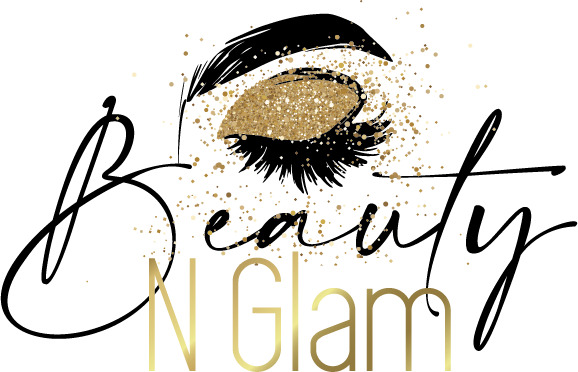Bakuchiol
What is bakuchiol?
Given its long history in Chinese and Indian Ayurvedic medicine, the ancient botanical isn't exactly a new discovery. Found in the plant psoralea corylifolia, bachi seeds are antioxidant-rich and have "anti-inflammatory and anti-microbial properties," says Mona Gohara, M.D. a dermatologist and associate clinical professor at Yale School of Medicine in New Haven, CT.
What's the difference between bakuchiol and retinol?
At first glance, the two ingredients look almost identical: "Bakuchiol has the same gene expression as retinol, so they both up-regulate the production of collagen and elastin, helping reduce the appearance of fine lines and wrinkles," explains Elizabeth K. Hale, M.D. a board certified dermatologist and clinical associate professor of dermatology at the New York University Langone Medical Center.
On a second look (or possibly after you test out the two ingredients for yourself), you may very well notice the two ingredients have their differences: "While retinol can be irritating and cause redness, dryness, peeling, and sun sensitivity, bakuchiol does not," says Dr. Hale. "Plus, it is not photo-sensitizing, meaning it can be used during the daytime," says Dr. Gohara, whereas retinol is often recommended only as a nighttime treatment. Either way, SPF is always a must.
Modern science is backing the ingredient, too. Studies have been performed comparing the two anti-agers. Most recently, the British Journal of Dermatology (2019) clinically assessed the anti-aging effects of 0.5% bakuchiol applied topically twice a day against 0.5% retinol applied topically once a day in a 12-week study. "The authors evaluated wrinkles, pigmentation and monitored adverse effects," explains Danusia Wnek, Senior Chemist in the Health, Beauty & Environmental Sciences Lab at the Good Housekeeping Institute.
"Results from this study showed that retinol and bakuchiol both significantly decreased the appearance of fine lines and pigmentation, and also improved the appearance of hyperpigmentation after 12 weeks," says Wnek. The study also found "there was statistically significant scaling and stinging reported by testers using the retinol product," says Wnek. TLDR: bakuchiol does what retinol does, minus the irritation.
Who is bakuchiol best for?
Almost all skin types can benefit from the use of bakuchiol, "but is ideal for anyone who cannot tolerate retinol, such as patients with sensitive skin or rosacea, or anyone who is looking for a non-irritating, natural ingredient with anti-aging benefits," says Dr. Hale. Also, thanks to bakuchiol's antibacterial properties, it's also suitable for acne-prone skin as a topical treatment, notes Dr. Gohara.
"If you can tolerate both bakuchiol and retinol, try layering them for an extra collagen boost," says Dr. Gohara, "and for those in whom retinol is too irritating, apply bakuchiol at night after gentle cleansing and before, a hydrating night cream."
While it's less sensitizing than retinol, it's important to remember that "any ingredient can cause a reaction," notes Dr. Gohara. Start slowly with new skincare to build up your tolerance and work your way up to using an ingredient daily.
